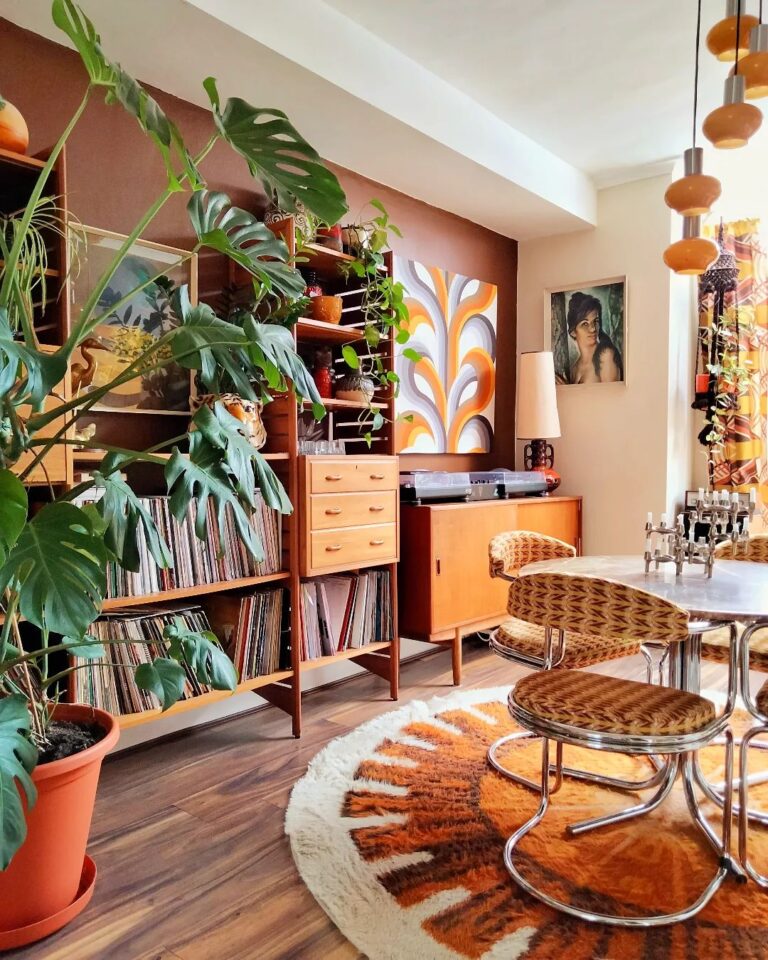
Pet Safety Tips for Plant Parents
Houseplants offer so many benefits to their plant parents and pets. Not only do they provide cleaner air, but biophilic design has been known to support our physical health and overall wellbeing. However, it’s important to remember that not all plants are pet friendly.
Like all living things, plants don’t want to be eaten or chewed. To protect themselves, many plants have evolved to contain toxins such as saponins, alkaloids and terpenes. These are evolutionary protectant chemicals and a way for the plant to say “Hey, don’t eat me!”. Unfortunately, many pets will ignore these warning signs and chew through the bitterness of toxic leaves, branches, or petals. This can result in your pets having adverse reactions including diarrhea, vomiting, lack of appetite, fatigue, seizures and swelling. For plant parents with curious fur members in their family, one way to keep your pet safe is to know which plants are toxic and keep them out of your pet’s reach. Alternatively, you can spray your plants with organic solutions that discourage your pets from chewing on them.
Eating and chewing some houseplant can be dangerous for your pet’s health. You should learn which plants are toxic to them and take steps to prevent ingestion.
There are quite a few very popular plants that happen to be toxic to pets. Here are a few that you may want to keep out of the reach of your fur babies.
Lily plants
All plants in the Lily family are toxic to cats and dogs. The Lily family covers a large variety of houseplants including popular houseplants such as amaryllis, hyacinth, peace lilies, and aloe vera. Although aloe vera is used as a medicinal gel for skin health, it is toxic to pets if ingested. Pet parents should monitor these plants and put them out of reach of furry nibblers.
Citrus Plants
You may be surprised to see Citrus plants in a list of toxic houseplants. Just searching “lemon tree houseplants” on Pinterest can bring up tons of dreamy, Mediterranean inspired images of citrus trees in kitchens and courtyards. While the fruit is not toxic to people or pets, the
Leaves of these plants very much are. Citrus trees have become a favorite in homes because of their evergreen leaves, but those leaves contain citric acid which can cause irritation in your pet’s nervous system.
ZZ plants
ZZ plants are known for their low maintenance. While some plants need to be watered daily or weekly, ZZ plants can go weeks without water and only require their leaves to be wiped once in a while. They make great plants for low light areas, bathrooms, or offices. ZZ Plants grow just fine in artificial light and are striking, with some growing up to four feet tall and wide. They are also toxic to your pets and should be admired from a level not accessible to your dogs or cats.
Lilies, Citrus, and ZZ plants can all be toxic to your pets so take precautions if you have these in your home
HousePlantSitter Care Tips for Plants with Pets
Stay vigilant
Look out for any signs that your pets may be eating your houseplants, especially if you notice any health changes in your pets. Common signs are chewed leaves and bite marks on leaves/branches. Also research your plants to see if they are toxic or not. The good news is that many of the houseplants you bring home from your nursery are not harmful to you or your pets. Many plants can be placed at any level of your home without concern for any harmful reactions, even if they become a snack.
Give your pets good plants to chew on
There are some plants that are very beneficial for dogs and cats to chew on. Consider growing organic pet grass indoors, also known as wheatgrass. Pets love it and it will deter them from eating the other plants in the house. Wheatgrass is a great source of vitamins, minerals, amino acids, and enzymes for your pets. It also supports fresh breath and improved digestion. If you’re a cat mom or dad, catnip is a feline favored and grows well potted indoors. Catnip helps to reduce inflammation and relieves stomach aches/pains. Studies have shown that Catnip also acts as a sedative which can help reduce your cat’s stress and anxiety.
Want to ensure that your pets and plants are living in harmony?
Reach out to us to have a plant expert come to your home



